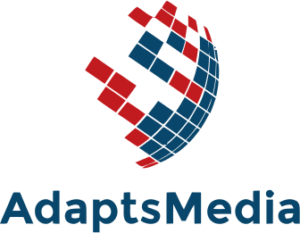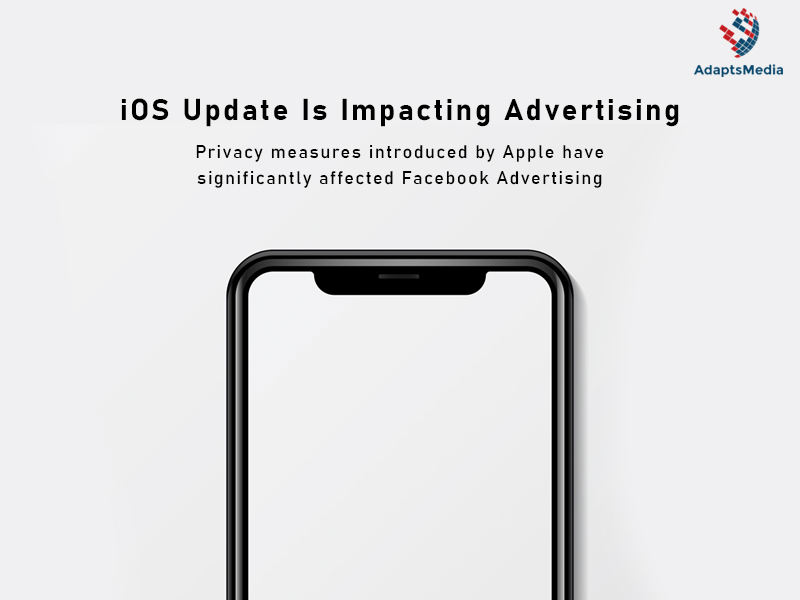Apple has always walked the extra mile in ensuring the privacy of its users. If your prospects are mostly iPhone users, it’s time you think of altering your strategies considering the new Apple privacy updates. This post aims to shed light on why the iOS 14 update will matter to your marketing team and how it’ll affect your Facebook marketing endeavors.
What Does the iOS 14 Update Matter to Marketers?
There has been a lot of fuss among customers about Apple’s upcoming iOS 14 updates. While users will remain at better off in terms of privacy, it has taken a toll on marketers. It’s significantly impacting data tracking permissions and, therefore, considerably impacting the efficacy of Facebook ads.
Facebook, too has responded to the planned update with equal apprehension as that of the marketers. Businesses these days use Facebook ads as one of their key strategies for audience targeting and lead generation.
The iOS 14 update’s most significant changes are its privacy and data sharing policies, which the company has termed as Apple’s App Tracking Transparency Framework. The idea is to give users a transparent choice to protect the privacy of the customers.
Currently, any user willing to turn off the data sharing on your phone can go to the privacy settings option and switch off the function. The iOS 14 update will prompt the users to decide anytime they wish to download the app.
To put it simply, the moment you download the app from the App Store, you’ll see a pop-up asking if you want to grant the app permission to track your activity across apps and websites of the other companies. You can either allow tracking or refuse the app to do so.
Marketers believe that if consumers are given a choice if they’d like to be tracked across the internet, most of them will respond negatively. On the flip side, Facebook measures the efficacy of the ad campaigns by analyzing the user behavior data.
The iOS 14 update will be applicable to all apps in the App Store, including Facebook-owned apps like Messenger, Instagram, and WhatsApp. Additionally, it’ll also impact the apps that use Facebook’s Audience Network for monetization. There’s no denying that this would significantly impact businesses that rely on social media advertising.
In its official statement,
Facebook revealed that this update would cause significant damage to small business owners who are trying to survive the challenges posed by COVID. Facebook has even created a page for small businesses to share how Apple’s update will affect them as well as the hashtag #StandUpforSmallBusinesses.
How Will the Update Affect Marketers?
Facebook can now easily track user activity on other websites and in other apps. The most common way is to track through Facebook Pixels (small pieces of Java Script codes) installed on a website or app. When any user visits a website and takes action (adds an item to their cart, makes a purchase, visits a landing page, etc.), the codes notify Facebook, where that information is stored as data for your campaigns.
Marketers can easily use the information gathered from Pixels and other tracking methods to determine the ads that will best work for your business goals by dissecting the insights provided by Pixel. It also allows marketers to retarget specific groups of users, such as website visitors who added items to their cart but ultimately didn’t make the purchase.
Currently, you can add as many pixels as you want on your website for as many marketing campaigns you like. Usually, it’s wise to add pixels on every website page to track all the conversions. With the iOS 14 update, marketers are allowed to place only eight pixels on a single domain. This will significantly reduce the amount of data that it collect and leverages.
If Facebook cannot track user behavior, its targeting ability will significantly diminish, and the amount of data collected will be considerably reduced. The amount of money spent on ads will have lower ROI and will also become expensive. Moreover, marketers often use this data to curate customized ads which could pose great difficulty.
Ultimately, the ads will be less personalized, which could lead to fewer leads being generated by Facebook ads to drive sales. The reporting is also likely to get impacted by the update, as the data won’t include users who denied permissions for tracking.
The Facebook Audience Network is a tool meant for publishers to monetize their websites by hosting ads and for advertisers to make money from the ad placement. iOS users who deny permissions can’t be tracked on these websites, and advertisers, therefore, may decide that paying to host their ads on these sites will no longer be profitable. They’ll end up losing valuable ad placements, and publishers will lose revenue from those ads.
Conclusion
The iOS 14 update has concerned marketers globally about their future ability to reach out to customers, generate leads, and measure conversions from Facebook ads. However, the complete impact will be known when the rollout is complete.
As a rule of thumb, it’d be a good idea to start looking for ways to reach out to the prospects digitally. Though Facebook is the most significant player, it’s high time you start looking for options.
Don’t miss out on the opportunity to gain a competitive edge. Contact our team for expert assistance.

